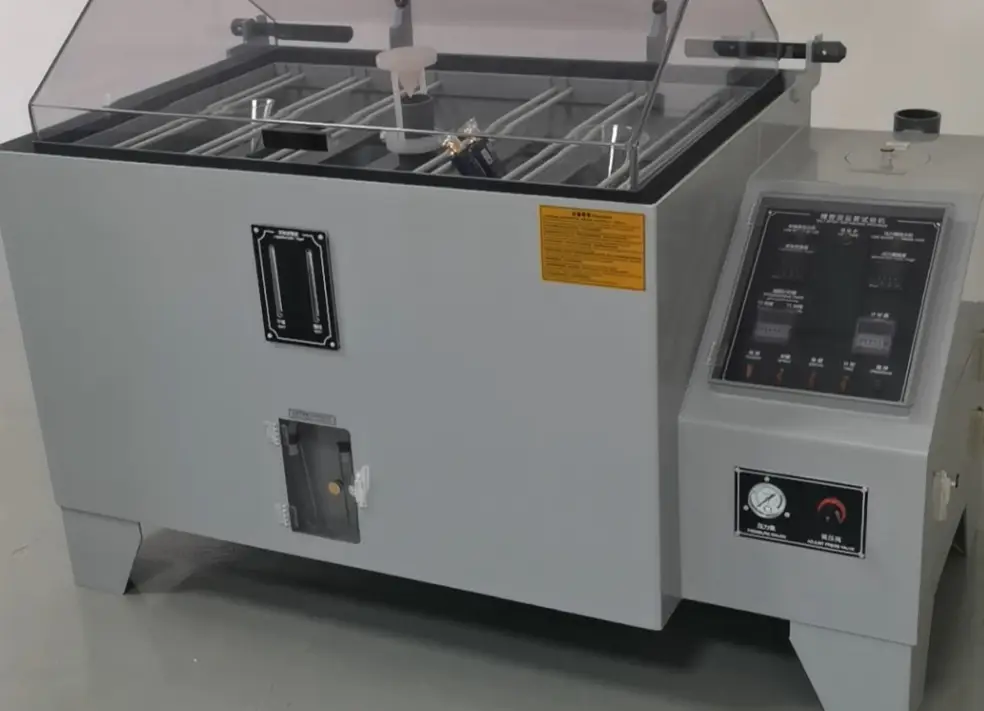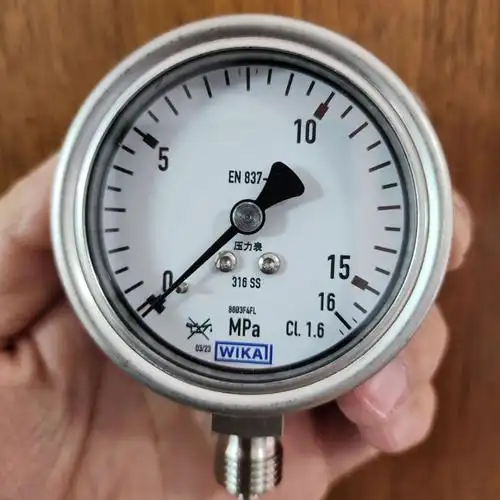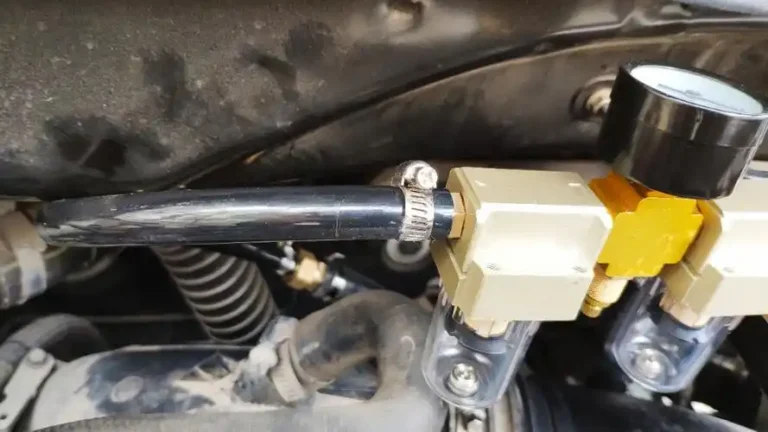Salt spray test: the touchstone of industry quality
Salt spray testing is a corrosion test method widely used in the industrial field. It is mainly used to evaluate…
Salt spray testing is a corrosion test method widely used in the industrial field. It is mainly used to evaluate the corrosion resistance of materials, coatings or products in salt spray environments. The test accelerates the corrosion process by simulating marine or salty humid environments, helping manufacturers evaluate the durability and reliability of products. Salt spray testing has become an important part of quality control in many industries (such as automotive, aerospace, electronics, construction, etc.).

Principle of Salt Spray Test
Salt spray test simulates high salinity and high humidity corrosion conditions by generating a salt spray environment in a closed test chamber. The salt spray in the test chamber is usually generated by atomizing a sodium chloride (NaCl) solution. After the test sample is exposed to the salt spray environment for a certain period of time, its surface is observed to see if there is corrosion, rust, coating peeling, etc., so as to evaluate its corrosion resistance.
Standards for salt spray testing
Standards for salt spray testing vary by industry and application. Common international standards include:
ASTM B117: American Society for Testing and Materials standard, widely used for salt spray testing of metals and their coatings.
ISO 9227: International Organization for Standardization salt spray test standard, applicable to corrosion testing of a variety of materials.
JIS Z 2371: Japanese Industrial Standard, mainly used for salt spray testing of electronic products and automotive parts.
GB/T 10125: Chinese national standard, applicable to salt spray corrosion testing of metals and their coatings.
Application fields of salt spray test
Salt spray test is widely used in the following industries:
Automotive industry: used to test the corrosion resistance of automotive parts (such as body, chassis, fasteners, etc.) to ensure their service life in harsh environments.
Aerospace: used to evaluate the corrosion resistance of aircraft parts in high-salinity environments to ensure flight safety.
Electronic industry: used to test the reliability of electronic components, circuit boards, etc. in humid and salt spray environments.
Construction industry: used to evaluate the durability of building materials (such as steel structures, coatings, etc.) in coastal or high-humidity environments.
Common problems and solutions for salt spray testing
When conducting salt spray testing, you may encounter some common problems. The following are technical support suggestions for these problems:
Problem 1: Inconsistent test results
Cause: It may be caused by uneven temperature, humidity or salt spray concentration in the test chamber.
Solution: Regularly calibrate the test equipment to ensure that the environmental parameters in the test chamber are stable and meet the standard requirements.
Problem 2: Abnormal corrosion on the sample surface
Cause: It may be contamination on the sample surface or uneven coating.
Solution: Clean the sample surface thoroughly before testing to ensure that the coating is uniform and free of defects.
Problem 3: The test time is too long
Cause: Some materials or coatings have strong corrosion resistance and may require longer testing time.
Solution: According to the characteristics of the material and the application environment, appropriately extend the test time or use accelerated corrosion test methods.
Future Development of Salt Spray Testing
With the advancement of materials science and manufacturing technology, salt spray testing is also constantly developing and improving. In the future, salt spray testing may be more intelligent, by introducing sensors and data analysis technology, real-time monitoring of corrosion during the test process, and improving the accuracy and efficiency of the test. In addition, the research and development of environmentally friendly salt spray test liquids will also become a future trend to reduce the impact on the environment.
Conclusion
As a touchstone of industry quality, salt spray testing plays a vital role in ensuring product quality and reliability. By following standardized testing procedures and combining advanced technical means, manufacturers can effectively evaluate the corrosion resistance of products and improve the service life of products in harsh environments. With the continuous advancement of technology, salt spray testing will continue to provide more accurate and efficient quality assurance for various industries.
Technical Support and Consulting
If you encounter any technical problems during the salt spray test, or need further consultation and support, please contact our technical support team. We will provide you with professional solutions to ensure that your test goes smoothly.
Salt spray testing is essential to ensure the quality and durability of Seikou hose clamps. By following strict standards and applying special coatings, we ensure that our hose clamps have maximum corrosion resistance, providing our customers with a reliable and durable solution.
Contact us and learn more about our hose clamps.








One Comment